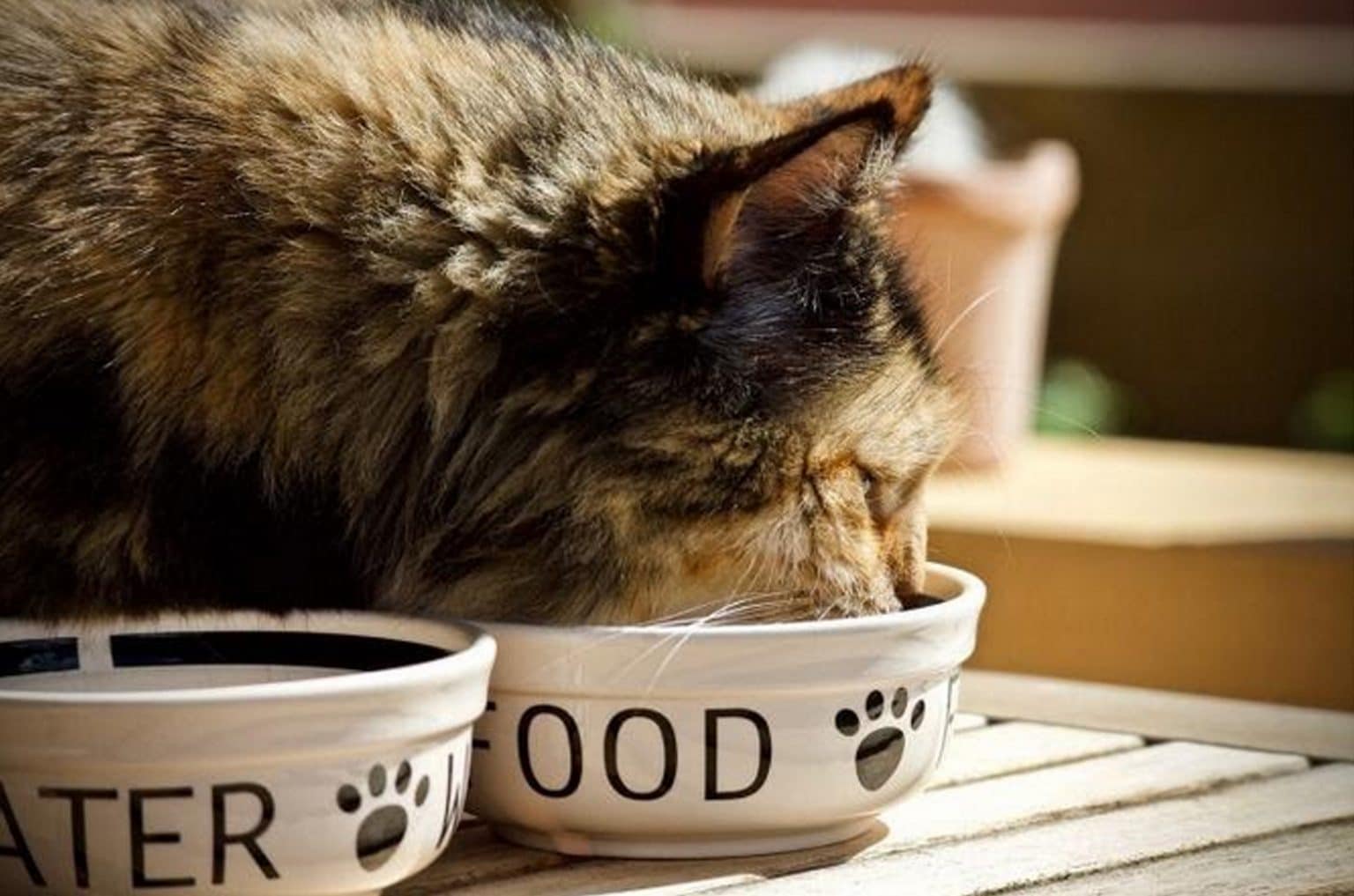Many cat owners notice their pets showing interest in yogurt and wonder if it is safe. While cats are naturally curious about human food, not everything we eat is suitable for their digestion. This raises the common question: can cats eat yogurt?
Yes, cats can eat yogurt in small amounts if it is plain and unsweetened. Yogurt with live cultures is easier for cats to digest compared to milk, but it should only be given occasionally and not as a daily food.
Feeding yogurt the right way is important to avoid stomach upset. The type of yogurt, portion size and frequency all determine whether it stays a safe and enjoyable treat for your cat.
Is Yogurt Safe For Cats?
Yes, yogurt can be safe for cats in small amounts if it is plain and unsweetened. The live cultures make it easier to digest than milk, but some cats may still get stomach upset, so start with just a teaspoon.
Benefits of Yogurt for Cats
1. Probiotic Support
Studies show probiotics can improve gut balance and digestion in cats. Plain yogurt with live cultures may offer similar benefits, though veterinary probiotics are usually more effective.
2. Calcium and Protein
Yogurt is a source of calcium and protein, which help maintain strong bones and muscles. Cats should still rely on a complete cat diet for their main nutrition.
3. Easier to Digest Than Milk
Fermented dairy products like yogurt contain bacteria that help break down lactose, making them easier for some cats to tolerate in small amounts.
4. Occasional Treat Only
Experts warn that too much yogurt may cause gas, diarrhea, or stomach upset. Always choose plain, unsweetened yogurt and offer no more than a teaspoon as an occasional treat.
Can Cats Eat Yogurt Every Day?
Cats should not eat yogurt every day. While plain, unsweetened yogurt may offer probiotics, calcium, and protein, most adult cats are lactose intolerant. Daily intake can cause diarrhea, gas, or stomach upset. Yogurt should only be given as an occasional treat in very small amounts, and a balanced cat diet should remain the main source of nutrition.
Can Cats Eat Yogurt With Fruit or Flavorings?
Flavored yogurt is not safe for cats. Many fruit yogurts contain sugar, artificial sweeteners, or flavorings that can harm cats. Some may even have xylitol, which is highly toxic.
Stick to plain, unsweetened yogurt only. If you want to offer variety, add a tiny piece of safe fruit like a blueberry or a strawberry separately, not mixed in store-bought flavored yogurt.
How Often Can Cats Eat Yogurt?
Cats can eat yogurt only occasionally, not as a daily food. A teaspoon of plain, unsweetened yogurt once or twice a week is usually safe for healthy cats. More frequent servings may cause digestive upset, so yogurt should remain a rare treat and never replace a balanced cat diet.
When to Avoid Yogurt for Cats?
Avoid giving yogurt to cats that are lactose intolerant, have food allergies, or suffer from frequent digestive issues. It should also be avoided in kittens under six months and in cats with chronic health problems unless approved by a veterinarian. Always stick to plain, unsweetened yogurt if offered.
FAQs
Is Greek yogurt safe for cats?
Yes, Greek yogurt can be safe for cats if it is plain, unsweetened, and given in very small amounts.
Why does my cat like yogurt so much?
Cats like yogurt because its creamy texture and protein-rich smell appeal to their natural carnivore instincts.
Wrap-up
Cats can eat yogurt, but only the right kind and in the right amount. Stick to plain, unsweetened yogurt, and keep portions very small. Do not offer it daily, and avoid flavored or sweetened versions.
If your cat enjoys it and has no negative reaction, yogurt can be a safe treat once or twice a week. But if you are unsure, it is always best to check with your veterinarian first.



